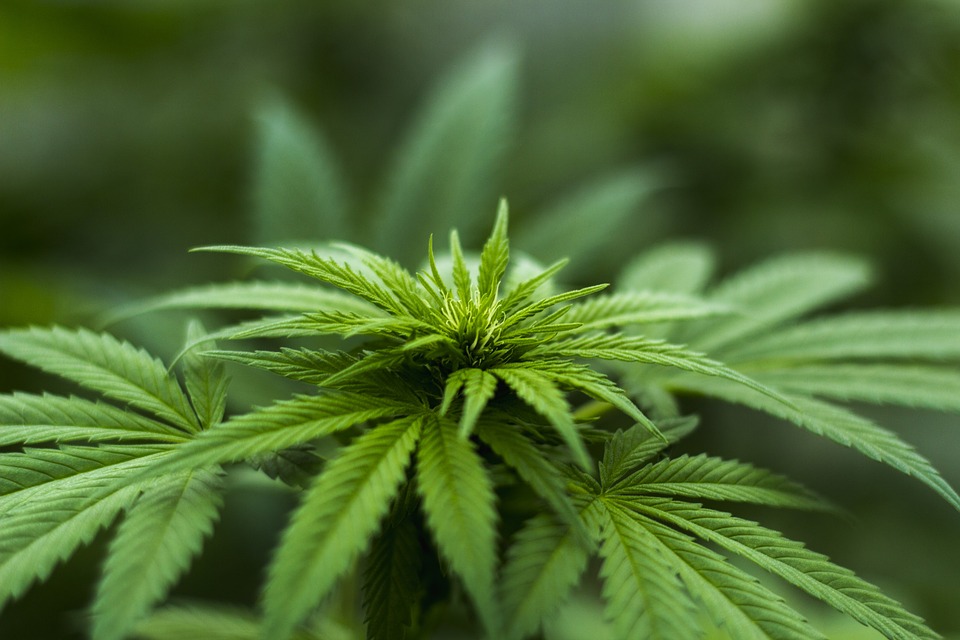Hemp growers and pot smokers alike may benefit from a recently passed Ohio law intended to legalize hemp, but which has also made prosecuting marijuana charges significantly more difficult, if not impossible.
Although many news sources are blasting the headline that Ohio has “accidentally legalized weed,” the truth is slightly more complicated.
On July 30, Ohio legislators signed into law a bill that legalizes the growth and sale of hemp, but not marijuana. Hemp and marijuana are the same species of plant, but while hemp is mostly used for its super strong fibers, marijuana is cultivated to contain high levels of the psychoactive compound THC.
It’s not easy to detect the difference between hemp and marijuana with the naked eye. Connoisseurs might argue that if the bud looks dry, green, and hairless, it’s probably hemp.
But there’s no way to prove it definitively during a police stop or search. Sure, an officer could take a toke and see if it makes him feel funny, but that would hardly be appropriate; the typical protocol is to test the plant material in a lab to determine the percentage of THC.
Green with less than 0.3 percent THC is considered hemp; more than that is considered marijuana.
The problem is that none of Ohio’s city or state level crime labs have the technology to make this determination. The current lab equipment available can detect the presence of THC but can’t tell the amount.
Louis Tobin, the executive director for Ohio’s Prosecuting Attorney Association, calls this recent law “the de facto legalization of marijuana,” not because the bill explicitly make marijuana legal, but because “there’s no way for law enforcement to tell what’s legal and what’s not legal.”
Apparently Tobin and other prosecutors had raised this concern while the bill was being debated, to no avail.
Now police officers and prosecutors are getting mixed signals about how to proceed.
Says Tobin, “There are statues on the books that say you should enforce marijuana possession but another law takes away your tools to do it.”
Ohio’s Attorney General, Dave Yost, sent a letter to prosecutors encouraging them to postpone marijuana indictments. The Office of the Attorney General in Ohio’s capitol city of Columbus announced that they will temporarily cease prosecuting marijuana misdemeanors and will drop all pending cases.
Meanwhile, in Hamilton County, prosecutor Joe Deter is encouraging police officers to go ahead and investigate marijuana-related crimes, and to confiscate anything that looks like it could be either hemp or marijuana. The state Bureau of Criminal Investigation has already been allotted funds to purchase and set up the testing equipment needed to measure percentages of THC. Prosecutors who wish to follow up on marijuana crime cases will just have to cross their fingers and hope that the equipment becomes available before the statute of limitations kicks in.
Even when the right testing equipment gets set up, some suspect that the recent legal change could have a long-lasting effect on how the city prosecutes marijuana misdemeanors. It may prove to be inefficient and costly to prosecute small-time dealers and individuals possessing small amounts of the drug.
Nonetheless, it’s probably too soon for cannabusiness to start investing heavily in Ohio – but it’s a state worth keeping an eye on.
Ellen Vessels, a Staff Writer at The American Genius, is respected for their wide range of work, with a focus on generational marketing and business trends. Ellen is also a performance artist when not writing, and has a passion for sustainability, social justice, and the arts.











































Pingback: NJ marijuana legalization: Don't ignore the research on dangers of pot – Asbury Park Press | Medical Marijuana News
Pingback: Confused Pothead Calls Cops To Get His Weed Back | 95.1 KSKY
Pingback: Study: Marijuana legalization has no negative effect on property values